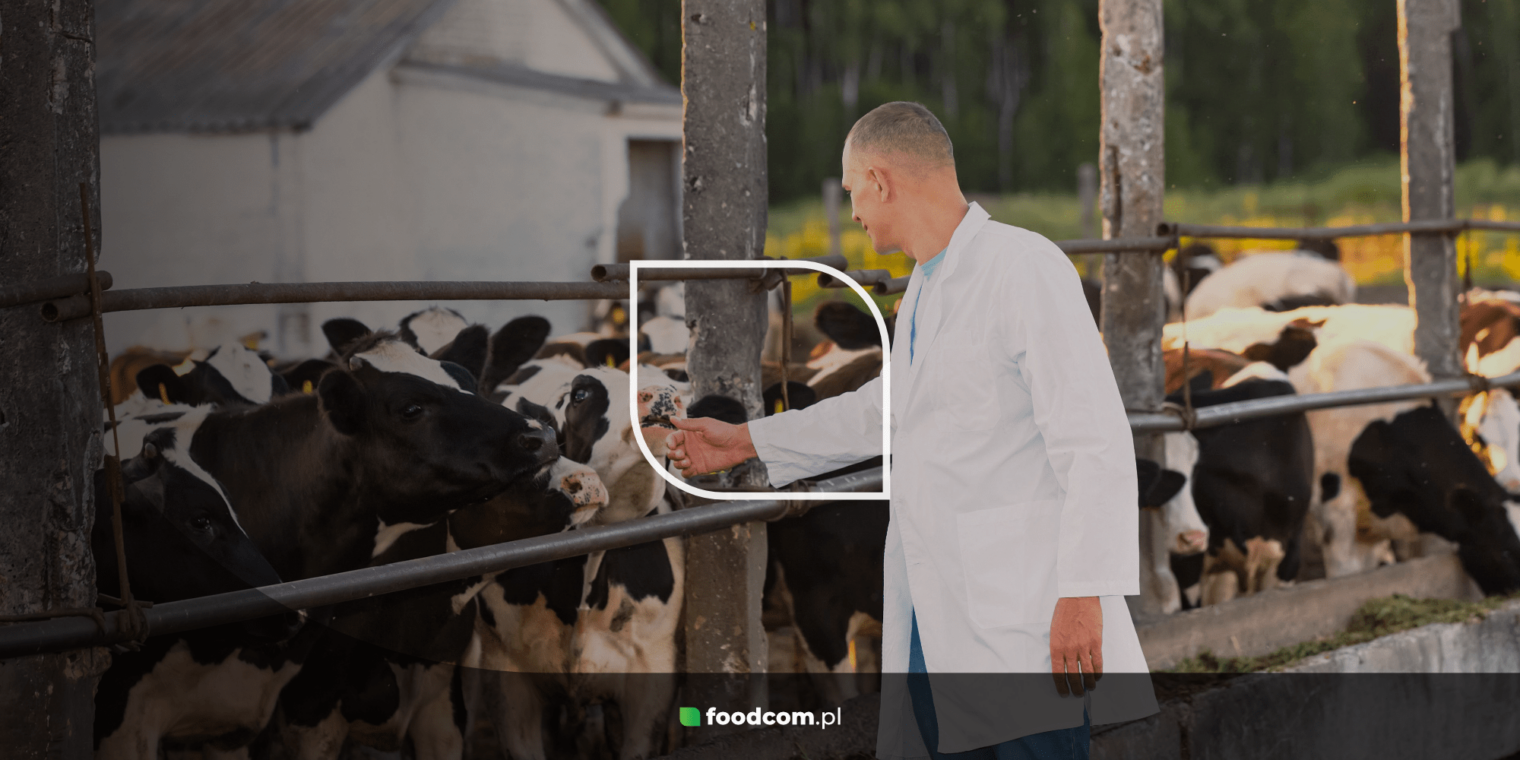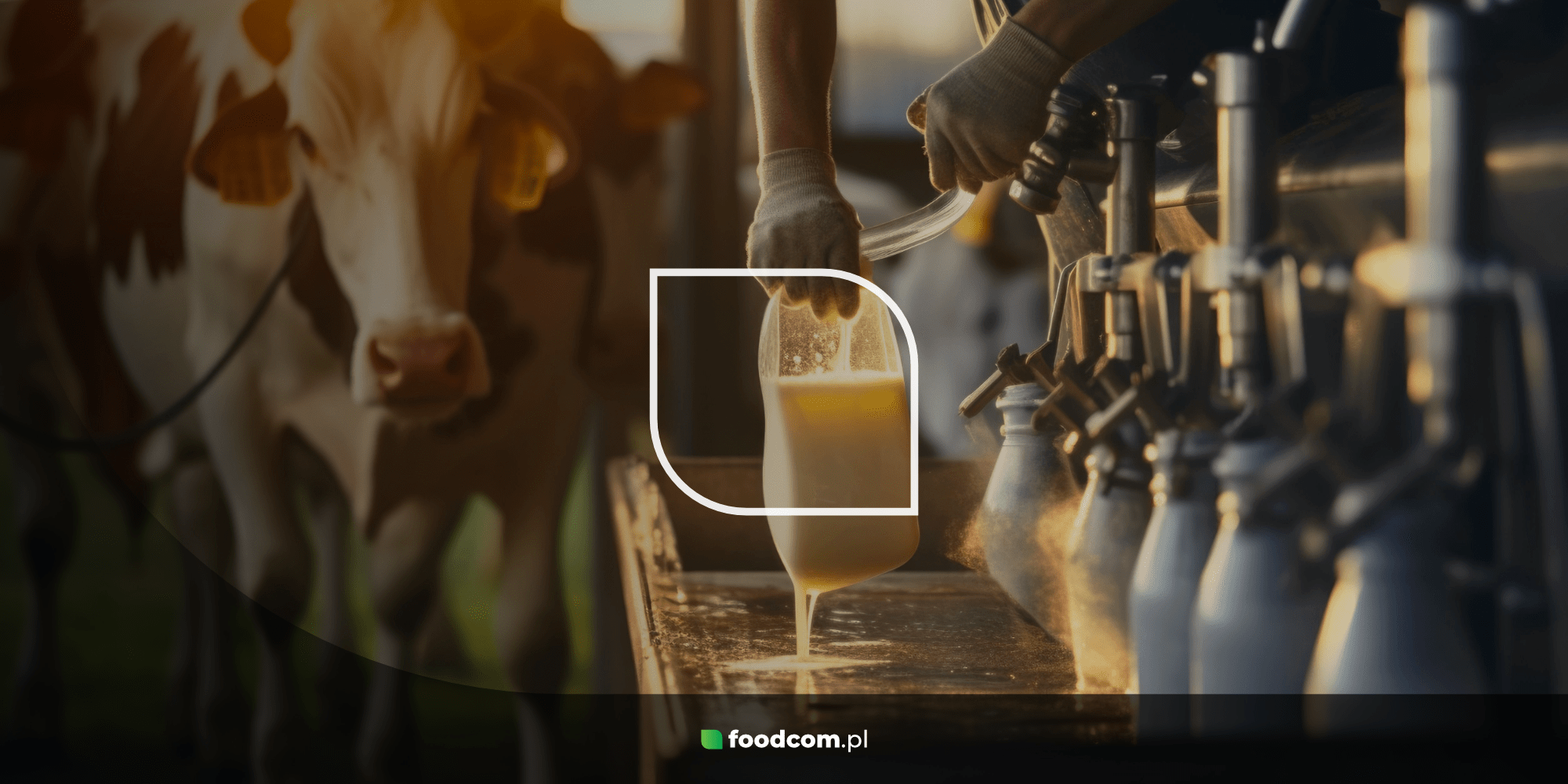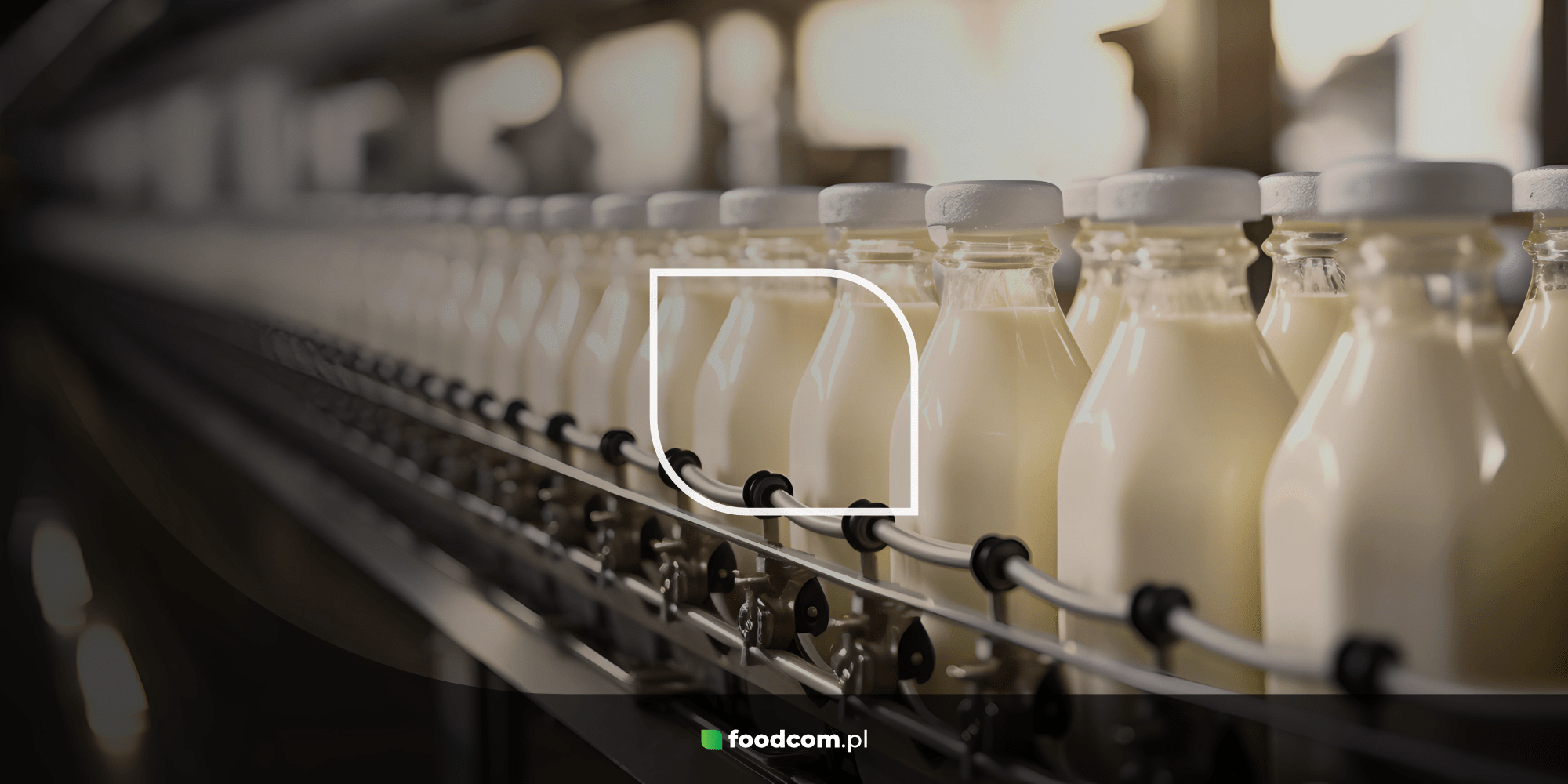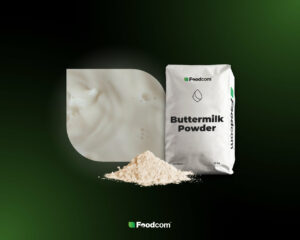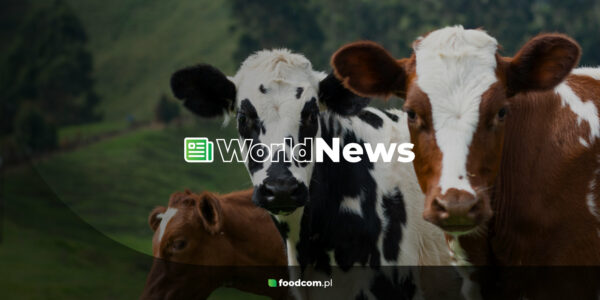- Detection of FMD in Germany: The first outbreak since 1988 has been identified in the district of Märkisch-Oderland, close to the Polish border.
- Implications for the milk market: German dairy exports have been halted, increasing competition in the EU market and affecting prices.
- Challenges for Poland: Polish services have strengthened controls and bioassurance to prevent the spread of the disease.
- Importance of international cooperation: Vigilance and cooperation are needed in the fight against FMD at the European level.
For the first time since 1988, Germany is facing an outbreak of foot-and-mouth disease, a highly contagious livestock disease. The detection of the virus in the district of Märkisch-Oderland, some 70 km from the Polish border, caused a stir in the agricultural industry. The scale of the threat has forced the German authorities to react quickly, but the question of the further impact on the milk market, especially in Poland, remains open.
The new outbreak and its consequences
The first outbreak of FMD in Germany was detected in January 2025. The authorities immediately introduced protection zones and transport controls to prevent the spread of the virus. Although the suspicion of a second outbreak in the Barnim region has not been confirmed, the proximity of the disease to the Polish border is a clear warning signal for the whole of Europe.

Foot and mouth disease is a disease that easily crosses borders – literally and figuratively. Its appearance in Germany, so close to Poland, is an alarm signal for the whole of Europe. History shows how great the consequences of ignoring such a threat can be. In 2001-2002, an outbreak of foot-and-mouth disease in the UK forced authorities there to cull more than 6 million animals, costing the economy £8 billion
Losing its FMD-free status, Germany had to suspend exports of animal products outside the European Union. German dairy products that previously went to global markets will now feed the EU internal market. Such changes lead to more competition and pressure on the prices of dairy products, especially butter and milk powder.

There is no shortage of market players who seek to exploit fear and uncertainty in such situations. German producers are already feeling the effects of export restrictions, which in turn is affecting the entire European market. However, let us remember that panic is never a good advisor
For the Polish dairy sector, this means facing more competition. At the same time, increased security measures, such as inspections of animal transport, may increase logistical costs, which will further burden producers. With current market tensions, stabilisation could prove challenging.
The challenge for Poland
The proximity of the outbreak to the Polish border necessitated immediate action. The Polish veterinary services implemented animal transport controls, increased monitoring and education of farmers on bio-assurance.

This is a moment of trial for the entire animal health system in Europe. Poland, like other EU countries, must be ready for any scenario – from further cases in Germany to the possible spread of the disease
Negligence in bioassurance could lead to serious consequences. The introduction of the virus into Poland would mean that exports would have to be closed, as well as the mass slaughter of animals. Such a scenario could seriously affect the stability of the milk market and the entire agri-food economy.
Prospects for Europe
The German authorities are taking decisive action, but past experience shows that viruses such as FMD can be difficult to control. Therefore, international cooperation and effectiveness in enforcing preventive measures will be key. As one of Europe’s major dairy producers, Poland must maintain the highest standards of bio-assurance to safeguard its farms.

There is no reason to panic, but we also cannot afford to be passive. Foot-and-mouth disease in Germany is a reminder that health security in agriculture requires constant vigilance. Polish producers must be prepared for market changes and act quickly to safeguard their interests. The coming weeks will be crucial to assess the effectiveness of the measures taken

